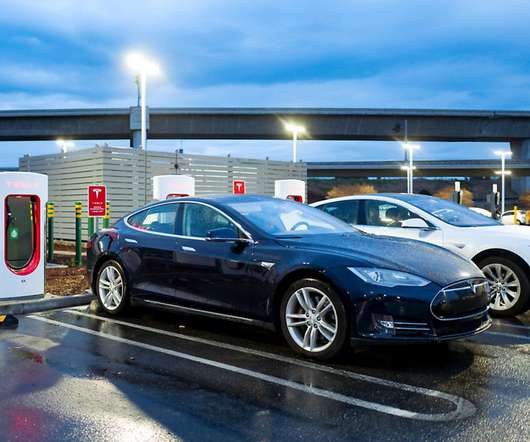EPA to study cutting amount of ethanol in U.S. gasoline
Green Car Reports
OCTOBER 5, 2017
Since 2007, the Renewable Fuel Standard has required increasing levels of ethanol in gasoline blends sold in the U.S. Most fuel stations across the United States no longer offer pure gasoline, with E10—a blend of 10 percent ethanol and 90 percent gasoline—prevailing.













Let's personalize your content